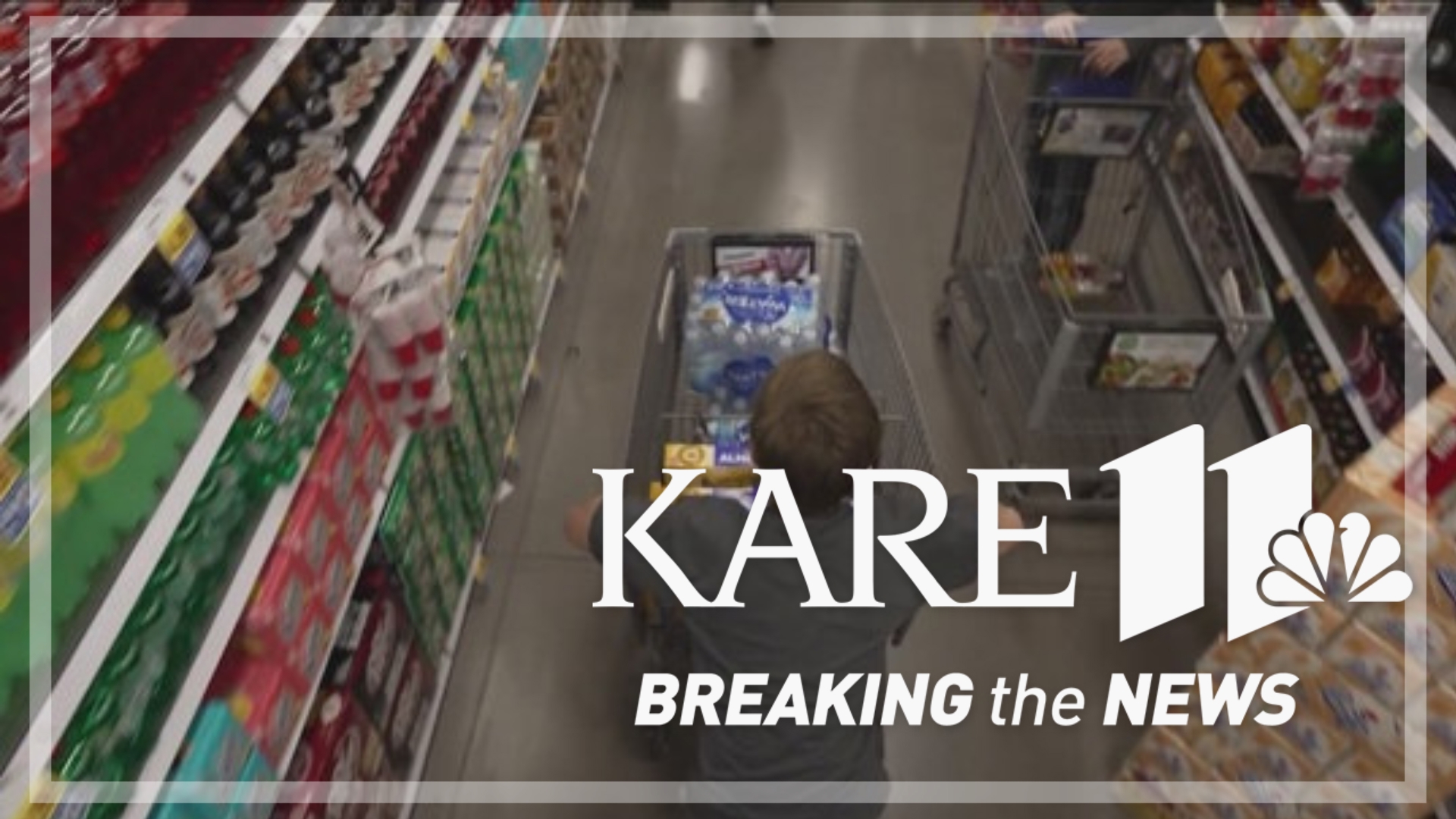MINNEAPOLIS — When Vice President Kamala Harris made a stop in our backyard earlier this month in Eau Claire, Wisc., she made one of her earliest mentions of a campaign pledge that has since caught a lot of attention.
"I will take on big corporations," Harris said to loud cheers, "that engage in illegal price-gouging."
Although Harris has not revealed many details about the plan, her campaign appears to want to build on the 38 states, including Minnesota, that already have laws against price-gouging. She has also suggested that she could empower the Federal Trade Commission to penalize companies that engage in price-gouging.
The term "price-gouging" generally describes companies that hike prices excessively after an emergency.
In this case, the Harris proposal comes in response to stubbornly high food prices, which have increased at least 20% since the pandemic started and have not cooled at the same rate as overall inflation lately.
On the campaign trial, former President Donald Trump has described the Harris platform as a Communist-style "price control." Columnist Catherine Rampell made a similar argument in the Washington Post, writing that "it's hard to exaggerate how bad this policy is."
Chris Phelan, a University of Minnesota economics professor, said he's opposed to laws that ban price-gouging, whether they're existing state laws or proposed federal laws.
"It's charging more for something when the circumstances change, like if there's a shortage, but there's nothing wrong with that. The funny thing is, economists disagree on a lot of things but economists left, right, and center basically think the markets work pretty well," Phelan said. "Most economists think price gouging laws are a really bad way of dealing with crises."
Phelan attributed high food prices more to inflation in general, brought on by supply-chain snarls and COVID stimulus, among other factors.
"Grocers are actually on pretty tight margins," Phelan said. "They don't have very big markups over and above the things they sell for."
Target CEO Brian Cornell made the same claim earlier this week, in response to the price-gouging proposal.
"We made a big commitment," Cornell said. "We reduced prices on over 5,000 items, those items that are the most frequently purchased. And I think the consumers recognize that."
The Harris proposal, perhaps aimed at swing-state voters concerned about the high cost of food, has been met with some enthusiasm in other corners.
Zephyr Teachout, a law professor and former New York gubernatorial candidate, argued in The Atlantic that although the Harris proposal on price-gouging "might irritate academics, but it makes sense to everyone else."
She wrote that a federal law could help connect the patchwork of state laws already on the books.
"If a company makes baby formula in Wisconsin and then sells to a distributor in Minnesota," Teachout wrote, "which then sells to a supermarket in Oregon, that company might radically hike the price it charges in Minnesota when the next pandemic hits—but then be unreachable by the Oregon attorney general even if Oregonians end up paying the cost."
At the Democratic National Convention, Sen. Bob Casey (D-PA) also told an interviewer that he supported the Harris proposal on price-gouging.
"I think we have to, number one, expose it, because I have, but also take action against it," Casey said. "I want to pass a price gouging bill so we can hold them accountable."

